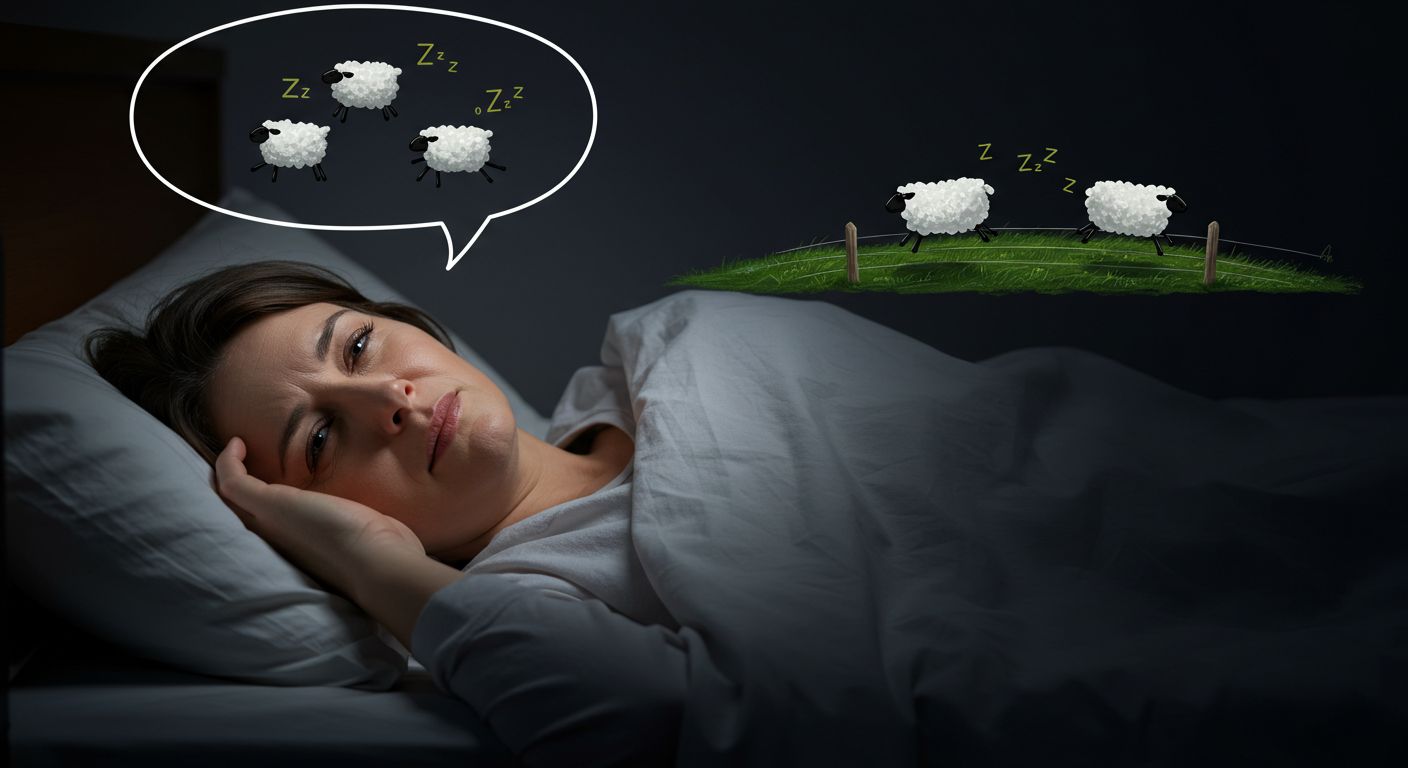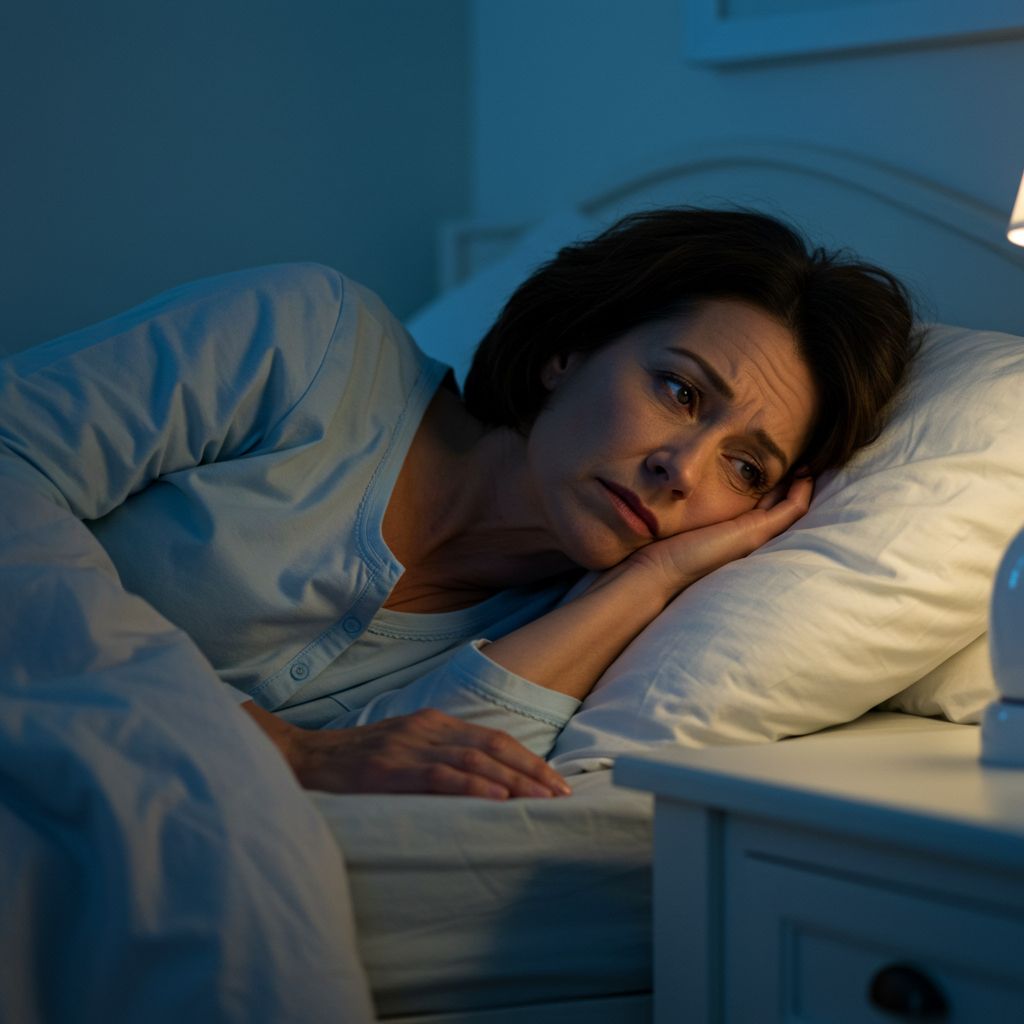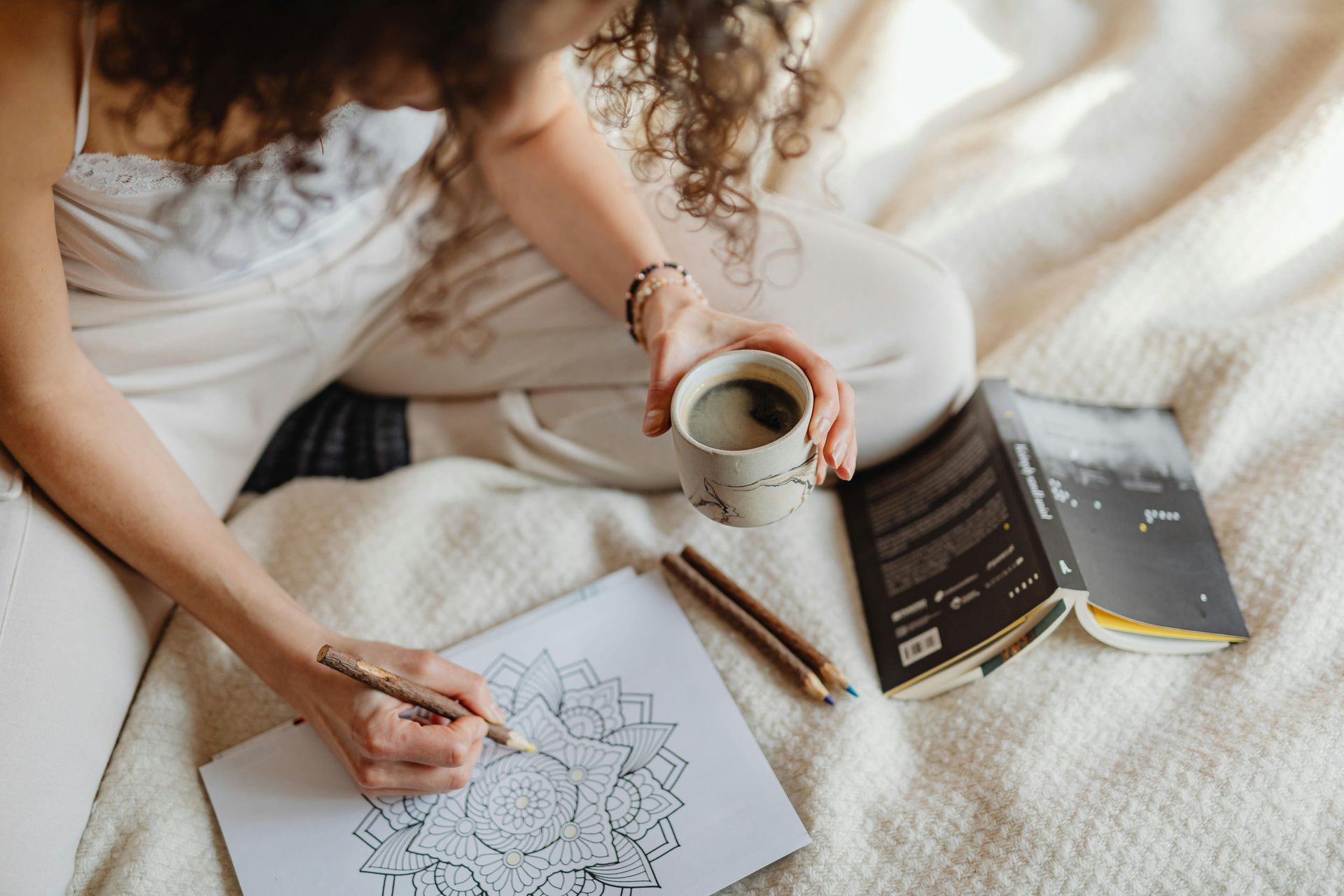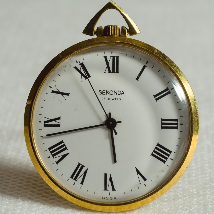And Why "Counting Sheep" Doesn't Work

"Just try reading before bed," my doctor suggested with a dismissive wave when I mentioned my nightly 3 AM wake-ups. "Maybe some warm milk. Counting sheep works too."
I sat there, exhausted and frustrated, wondering if he'd ever experienced what it's like to have your body betray you night after night. If he understood that this wasn't about needing better "sleep hygiene" – this was about my entire hormonal system going haywire.
That appointment was three years ago. Since then, I've discovered the real reasons why menopause destroys sleep, and more importantly, what actually works to fix it. Spoiler alert: it has nothing to do with sheep.
The Hidden Truth About Menopause and Sleep
Here's what most doctors won't tell you: menopause doesn't just cause hot flashes and mood swings. It fundamentally rewrites your body's sleep programming. And the solutions that worked for you at 35 – or even 45 – simply don't work anymore.
When I started researching why I was suddenly wide awake every night at 3:17 AM (yes, it was that specific), I uncovered a web of hormonal changes that nobody had explained to me. Changes that made my sleepless nights not just predictable, but inevitable – unless I understood how to work with them.
What's Really Happening to Your Sleep During Menopause
The Estrogen Crash
Estrogen isn't just about reproduction. It's one of your body's master sleep regulators. As estrogen levels plummet during perimenopause and menopause, several things happen:
Your internal thermostat breaks. Estrogen helps regulate body temperature. Without steady levels, you get temperature swings – not just the obvious hot flashes, but subtle fluctuations that can wake you up without you realizing why.
Your sleep cycles get scrambled. Estrogen influences REM sleep, the deep, restorative phase where your brain processes the day and consolidates memories. Lower estrogen means less quality REM sleep, leaving you feeling unrested even if you "slept" for eight hours.
Your stress response goes into overdrive. Estrogen has a calming effect on your nervous system. When it drops, you're more susceptible to stress and anxiety – especially at night when your mind has nothing else to focus on.
The Progesterone Problem
If estrogen is the master regulator, progesterone is your natural sleeping pill. This hormone has a sedative effect that helps you fall asleep and stay asleep. During menopause, progesterone often drops faster and more dramatically than estrogen.
This explains why you might fall asleep easily (exhaustion will do that), but then wake up hours later, mind racing, unable to get back to sleep. Your natural sedative is gone.
The Cortisol Connection
Here's where things get really interesting – and frustrating. Poor sleep triggers your body's stress response, flooding your system with cortisol. Cortisol is designed to wake you up and keep you alert. It's the opposite of what you need at 3 AM.
But cortisol doesn't just keep you awake in the moment. It disrupts the production of melatonin, your body's natural sleep hormone, creating a vicious cycle: stress causes poor sleep, poor sleep causes more stress, which causes even worse sleep.
Why Traditional Sleep Advice Fails During Menopause
Most sleep advice assumes your hormones are working normally. "Keep a regular bedtime," they say. "Avoid screens before bed." "Make your room cool and dark."
These aren't bad suggestions, but they're like putting a band-aid on a broken bone when your entire hormonal system is in chaos.
Reading before bed? Hard to focus when your mind is racing from hormonal fluctuations and your internal temperature is doing the cha-cha.
Warm milk? The tryptophan might help slightly, but it's no match for plummeting progesterone levels.
Counting sheep? This actually made my insomnia worse because it gave my already anxious mind another task to stress about.
The truth is, generic sleep advice doesn't account for the unique challenges of menopause. You need strategies specifically designed for what your body is going through.
The Four Pillars of Menopausal Sleep Success
Through my research and personal experience, I've identified four key areas that must be addressed for better sleep during menopause:
1. Temperature Regulation Strategy
Since your internal thermostat is malfunctioning, you need to create an external system that works. This isn't just about cranking up the AC.
I learned to layer my bedding strategically – lightweight, breathable materials that I could adjust throughout the night without fully waking up. I invested in moisture-wicking sleepwear and even a cooling mattress pad.
But the real game-changer was timing. I discovered that taking a warm bath or shower about 90 minutes before bed actually helped regulate my temperature overnight. The warm water causes your body temperature to rise, then drop as you cool down – mimicking the natural temperature drop that signals sleep time.
2. Hormone-Supporting Evening Routine
Since my natural sleep hormones were unreliable, I needed to support them with consistent evening habits. This meant creating a routine that signaled to my disrupted system that sleep was coming.
I established a two-hour wind-down period with specific activities: gentle stretching, reading fiction (not self-help books that made my mind active), and herbal tea with ingredients known to support relaxation.
The key was consistency. Even when I didn't feel like following the routine, I did it anyway. Over time, my body began to recognize these signals and prepare for sleep, even with hormonal fluctuations.
3. Stress Response Management
Remember that cortisol-melatonin battle happening in your system? I had to learn to interrupt that cycle before it started.
This meant addressing the racing thoughts that hit at 3 AM. I kept a small notebook by my bed to quickly jot down anything my mind was trying to "solve" in the middle of the night. Just getting it out of my head and onto paper often allowed me to fall back asleep.
I also practiced what I call "progressive relaxation" – systematically relaxing each part of my body while breathing deeply. Not meditation (too much pressure to "do it right"), just simple relaxation.
4. Strategic Lifestyle Timing
I discovered that when I did things mattered as much as what I did. My sensitivity to caffeine had increased dramatically during menopause, so my afternoon coffee was keeping me awake at night. I had to move my caffeine cutoff to noon.
Exercise timing also mattered. Morning workouts energized me for the day but didn't interfere with sleep. Evening workouts, which I used to love, were now overstimulating my already sensitive system.
Even meal timing played a role. Large dinners meant my body was working to digest food when it should have been preparing for sleep. I shifted to lighter evening meals and stopped eating three hours before bed.
The Breakthrough Moment
It took about six weeks of consistently applying these strategies before I had my first full night of uninterrupted sleep. I woke up that morning feeling like I'd been given a gift – the gift of feeling human again.
But the real breakthrough was understanding that I wasn't broken. My body was going through a natural (if challenging) transition, and with the right approach, good sleep was still possible.
What Doctors Should Tell You (But Often Don't)
Sleep disruption during menopause is not a character flaw or a sign that you're "not handling stress well." It's a predictable result of major hormonal changes, and it deserves to be taken seriously.
You shouldn't have to accept exhaustion as your new normal. While hormone replacement therapy works for some women, it's not the only solution, and it's not right for everyone.
Natural strategies can be incredibly effective, but they need to be specific to what your body is experiencing during this transition. Generic sleep advice often misses the mark because it doesn't address the root causes.
A Message to Every Woman Reading This at 3 AM
If you're wide awake right now, feeling frustrated and alone, please know that what you're experiencing is real, valid, and solvable. You're not weak for struggling with sleep during this time. You're dealing with a complex biological process that affects every aspect of how your body regulates rest.
The solutions exist, but they might be different from what worked for you before or what works for other people. Your menopausal sleep challenges are unique to you, and your solutions can be too.
Moving Forward
Understanding the science behind menopausal sleep problems was the first step in my journey back to restful nights. The second step was developing a comprehensive approach that addressed all the factors – not just the obvious ones.
Today, I sleep through the night most nights. When I do have the occasional restless night (it happens to everyone), I don't panic. I have tools and strategies that work, and I trust my body's ability to return to good sleep.
Most importantly, I want other women to know that the exhaustion, the 3 AM wake-ups, the feeling like your body has betrayed you – none of this has to be permanent. With the right understanding and approach, your best sleep can still be ahead of you.
Sweet dreams are possible, even during menopause. You just need to know how to support your changing body instead of fighting against it.
Sleep well my friend,
Kassandra
Kassandra Breene overcame her own menopause-related sleep challenges through research-backed natural strategies. Her comprehensive guide, "The Insomnia Breakthrough," provides women with the tools to reclaim restful sleep during hormonal transitions. Learn more about her approach to natural sleep solutions for women over 45.














